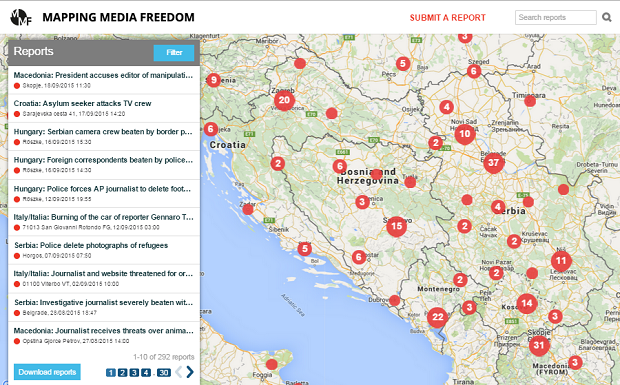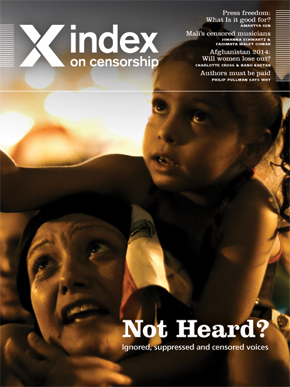Today the bulk of the media in the Balkans has “been bought by people with no history in, or understanding of, the media business; they promote narrow interests of their


Today the bulk of the media in the Balkans has “been bought by people with no history in, or understanding of, the media business; they promote narrow interests of their

In China, social benefits are tied an antiquated system of household registration that restricts benefits to the place where people were born. As hundreds of millions leave the countryside to seek employment in the cities, they are left without official jobs, legal protection or school places for their children. Jemimah Steinfeld and Hannah Leung report

As refugees flee one of the world’s most repressive and secretive regimes, Ismail Einashe talks to Eritreans who have reached the UK but who still worry about the risks of speaking out

From China’s new security laws and South Korea’s new smartphone spies to Eritrea’s agents and the new fighters for free expression online. Where and what are the challenges today and how do they compare to the past?

From the autumn issue of Index on Censorship magazine, US author Judy Blume talks to Vicky Baker about parents’ and teachers’ overly protective attitudes to young people’s feelings, and how she has spent the last 45 years tackling bans and censorship

In conjunction with the Cambridge Festival of Ideas 2015, we will be publishing a series of articles that complement many of the upcoming debates and discussions. We are offering these articles from Index on Censorship magazine for free (normally...

When it comes to depicting war, humour can be a critic’s most dangerous weapon, says Martin Rowson as he trips through the history of cartoons

The autumn issue of Index on Censorship magazine is filled to the brim with stories and analysis from across the globe has a special report on the censors of old and new

These days spies are just as likely to be inside your machine as outside your home, says Rachael Jolley

The technology and censorship reading list combines a number of articles released over a twenty-year period on the interference technology can have on free expression and the technological advances meaning censors are being more easily evaded.
A quarterly journal set up in 1972, Index on Censorship magazine has published oppressed writers and refused to be silenced across hundreds of issues.
The brainchild of the poet Stephen Spender, and translator Michael Scammell, the magazine’s very first issue included a never-before-published poem, written while serving a sentence in a labour camp, by the Soviet dissident Aleksandr Solzhenitsyn, who went on to win a Nobel prize later that year.
The magazine continued to be a thorn in the side of Soviet censors, but its scope was far wider. From the beginning, Index declared its mission to stand up for free expression as a fundamental human right for people everywhere – it was particularly vocal in its coverage of the oppressive military regimes of southern Europe and Latin America but was also clear that freedom of expression was not only a problem in faraway dictatorships. The winter 1979 issue, for example, reported on a controversy in the United States in which the Public Broadcasting Service had heavily edited a documentary about racism in Britain and then gone to court attempting to prevent screenings of the original version. Learn more.